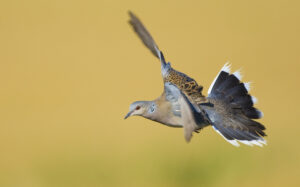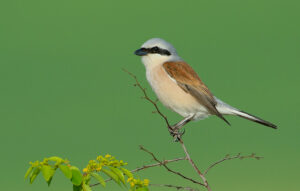Rewilding Europe is delighted to announce that Sir Charles Burrell has joined its Supervisory Board.
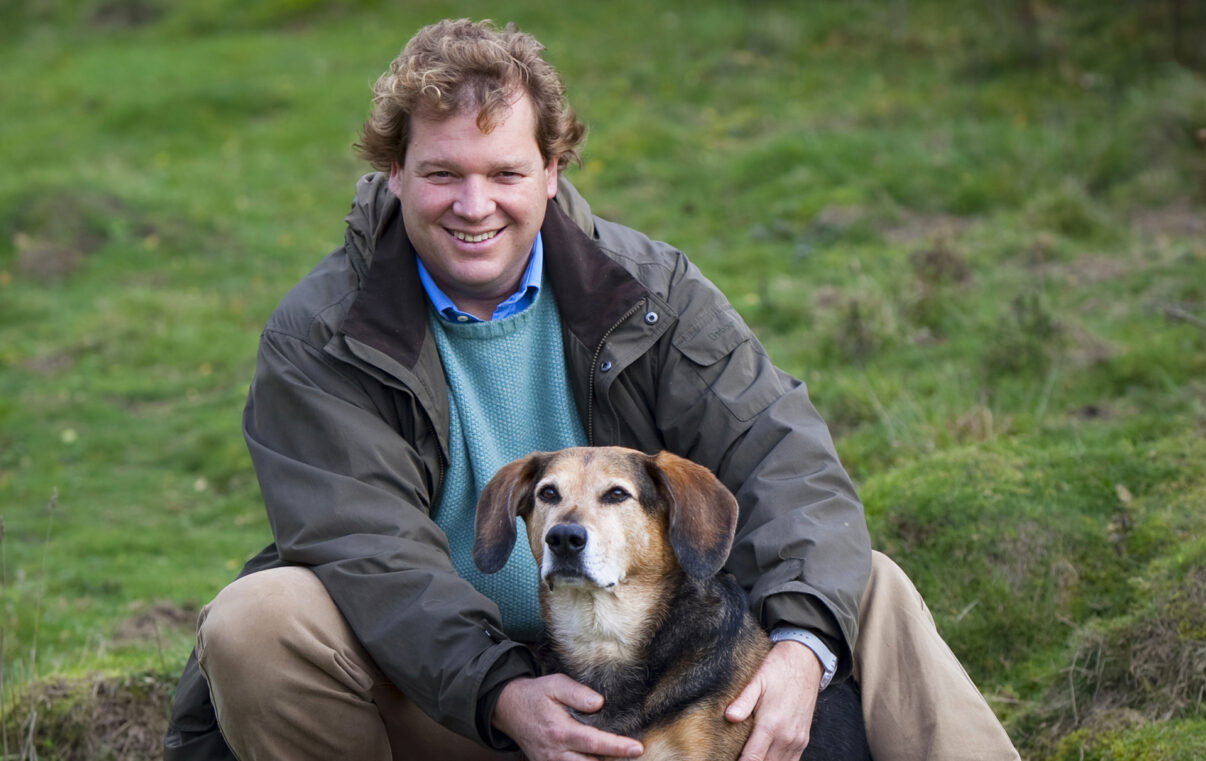
Sir Charles Burrell – or Charlie as he insists that we call him – has decades of experience in rewilding and has known the team at Rewilding Europe for a very long time. So, when he was invited to join the Supervisory Board, he jumped at the opportunity. Speaking from his home on the Knepp Estate – a pioneering flagship of British rewilding in the English county of Sussex – he told us a bit more about his background, his vision for the future, and how he maintains his energy and enthusiasm for rewilding.
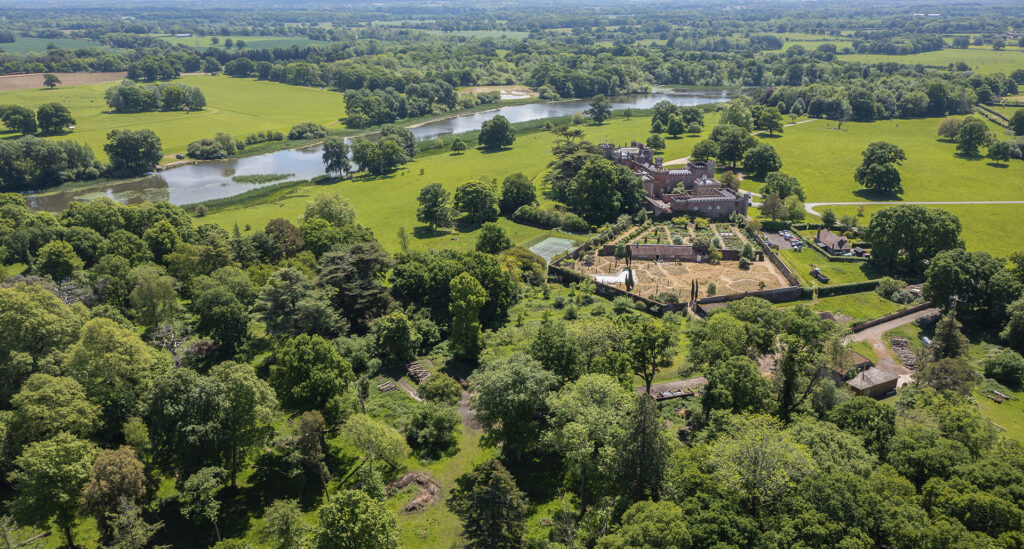
How did you become involved with rewilding and what excites you most about it?
I was lucky to grow up in Zimbabwe surrounded by the melody of purring turtle doves, but when I took over the Knepp Estate in 1987, the sound of turtle doves – fellow migrants from Africa – was already fading from the soundtrack of the British summer. For seventeen years we struggled to farm the land in ever more intensive ways, until we made the decision to try something different. Issy – my wife, Isabella Tree – and I had no idea about the science of rewilding when we started but we were motivated by our love of wildlife and the knowledge that what we had been doing up to that point wasn’t working. Since then, we’ve been on an incredible journey. So, my personal interest in rewilding comes from our own experience here at Knepp, bringing back storks to Britain, and now working on red-backed shrikes.
What experience do you bring to Rewilding Europe?
“I see myself as a practical man, and the experience of doing something myself in Sussex has given me twenty years of insight into the practicalities of how you can actually do rewilding. Even though Knepp is small in comparison to the sorts of larger landscapes that we often think about in Europe, I can give my reflection on the topics that the board is overseeing based on my personal experiences.
Our success at Knepp has also meant that I now sit on a load of other boards, like the Endangered Landscape Programme – which is very much involved in funding a lot of landscape restoration work in Europe – and Foundation Conservation Carpathia in Romania for example, which is a vast rewilding project. So, I understand the complexities of how you set up these huge landscape-scale rewilding initiatives. From the smaller practical side to the bigger scale, these experiences allow me to believe I can help in achieving change.”
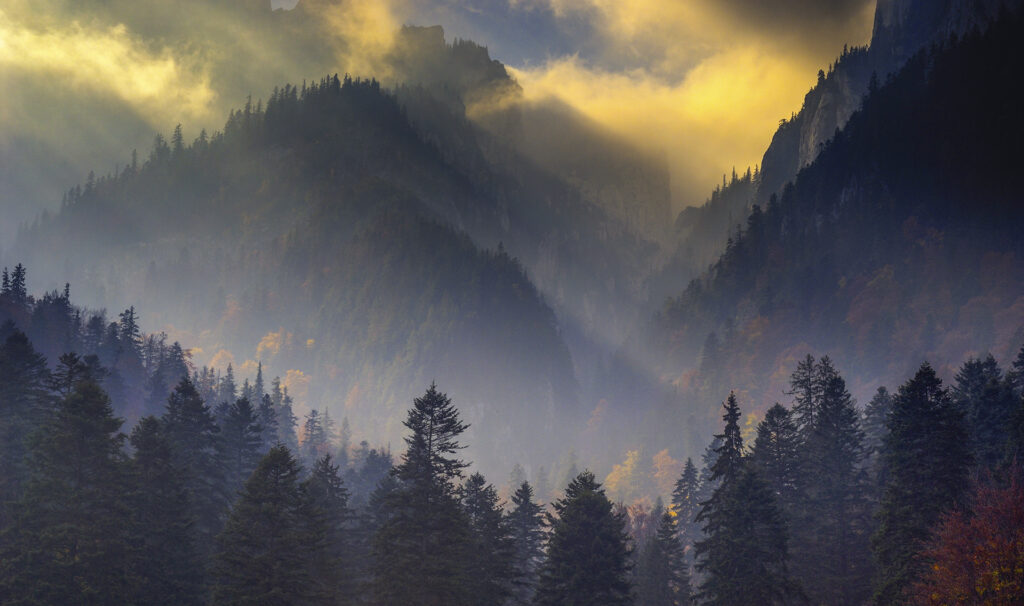
As someone who is based in Britain, what does it mean for you to be joining a European organisation?
“I’m thrilled. I was so horrified by Brexit. I think we should have stayed within the European Union and that Brexit is a complete nightmare. And even more than that, to my thinking, the work that we’re doing with the Endangered Landscape Programme shows that the ‘little Europe’ if you like, with just the EU countries, is not the end of it. We’ve got to think much broader than even that. There are incredible projects starting up from Serbia to Turkey and from Iceland to Azerbaijan. So, we’ve got to be fully aware of where our landscapes sit within the greater continental mass of Europe and beyond into Africa and Eurasia. Even though the EU is such a big space to be working with, we need to be thinking even more broadly about how we’re functioning with all our neighbours.”
Rewilding is a word that means different things to different people. Do you feel that your understanding of rewilding aligns closely with Rewilding Europe’s approach?
“Issy and I have spent the last four years writing a book that’s about how to achieve rewilding across both large and small areas. I feel it is important to have a movement that allows everyone to believe it’s possible to think a little bit wilder. I’m very much for the idea that rewilding occurs along a spectrum, and you can start at a very small scale and start to rebuild systems and they become part of a patchwork of bigger systems. Good things can happen on small and big scales, and it’s all meaningful.
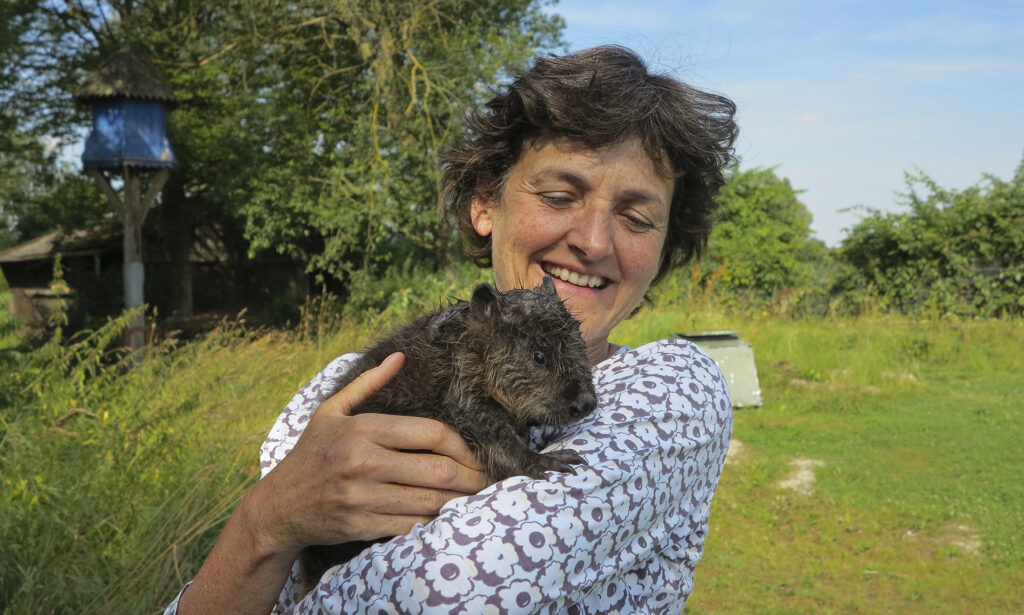
This is a three-year post. What challenges and opportunities do you see ahead?
“There are clearly huge opportunities and challenges. There’s the issue of continuing land abandonment. How are we going to ensure that rewilding helps that to become a positive thing? And how can we make big landscape scale changes bleed into existing rewilding sites around different countries, connecting them across Europe? I guess the big challenge is how we get policies in place in all these different countries – whether it’s vultures, whether it’s the laws around free-roaming animals, or acceptance of proxies for missing species – because all that work will make it easier to work across borders, across cultures, across mountain ranges.
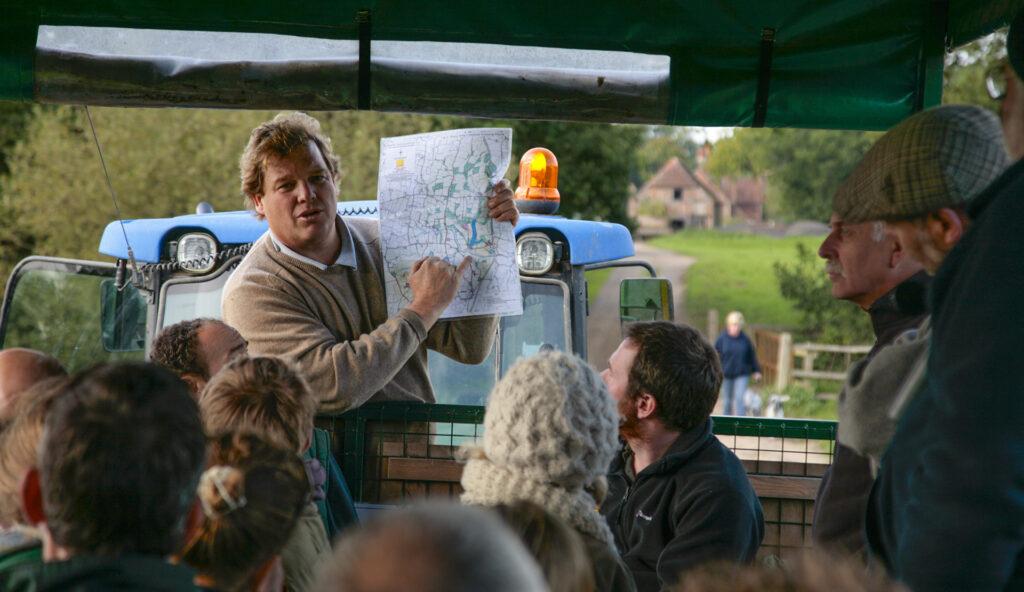
What do you feel is the wildest place you’ve been to in Europe?
“I’ve got this group of friends – we call ourselves the wolf pack – and we like to just head off for five days of ski touring in remote areas, heading to wherever the snow is, staying in whatever accommodation we can find. For our latest trip, we headed to the Pindus Range in the border region between Northern Greece and Albania, and there you can find yourself skiing through 700-year-old black pines at around 1700 metres, and it’s just magical, and that’s pretty wild; there’s wolves, there’s bears… And so, you’ve got that feeling, even though you’re not necessarily seeing those animals, you know that they’re present.
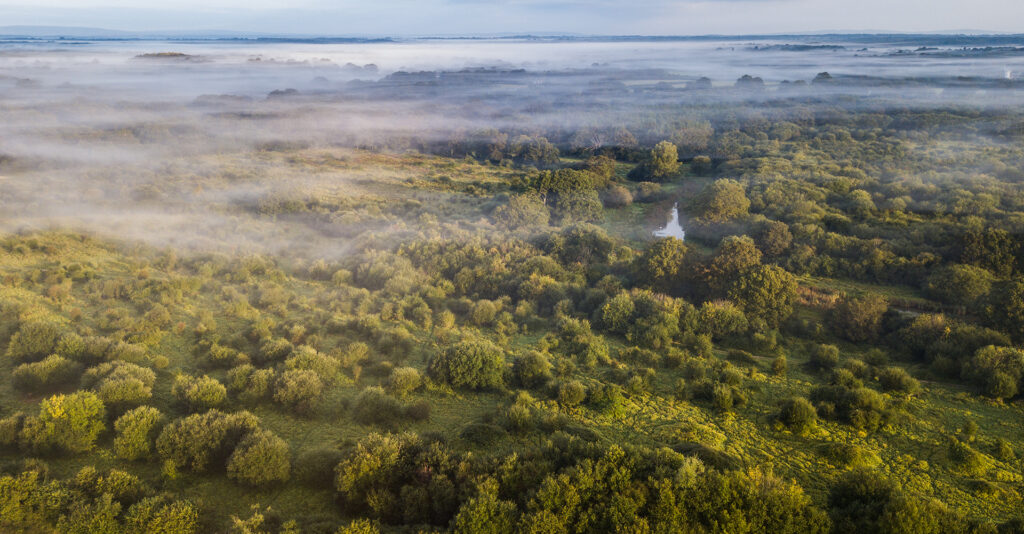
Rewilding is often a non-linear process, with a lot of pioneering. Where do you find inspiration and ongoing motivation?
“I’m hugely optimistic. There’s inspiration everywhere – you can just replenish all your beliefs, simply by going out and seeing somewhere that’s being restored and seeing all the life that’s come back. Just look at the southern block at Knepp. I’m not supposed to brag about this, but it now supports one of the highest density of songbirds in Britain. That’s been achieved in 17 years. You go out there and the noise is deafening. Every year we get new species. Last year we got large tortoiseshell butterflies back – that’s a butterfly that was extinct in Britain. And now, there it is, back breeding in Britain. So constantly, we’re being hit by all this positive stuff, and that just washes away any of the frustrations we sometimes experience.”

